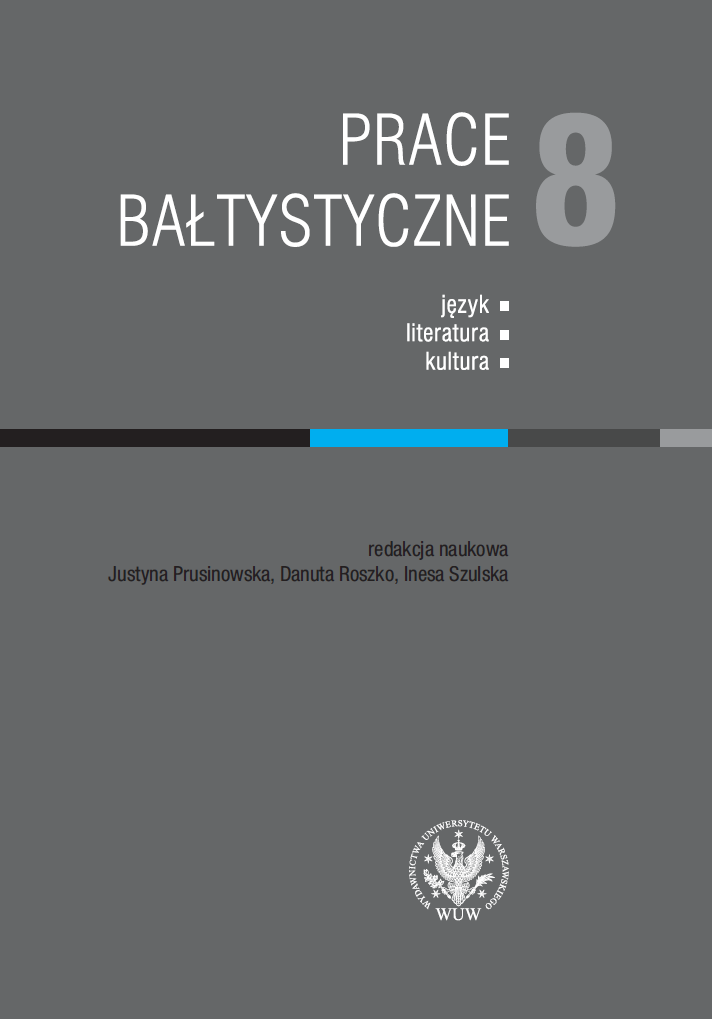Adaptacijos atvejai Evelinos Daciūtės pasakose
Examples of Adaptations in Evelina Daciūtė’s Fairy Tales
Author(s): Laimutė Adomavičienė
Subject(s): Theoretical Linguistics, Applied Linguistics, Studies of Literature, Latvian Literature, Lithuanian Literature, Theory of Literature
Published by: Wydawnictwa Uniwersytetu Warszawskiego
Keywords: contemporary children’s literature of Lithuanian (e)migrants; fairy tales; adaptation; intertexts; Evelina Daciūtė
Summary/Abstract: In the 21st century, the concept and evaluation of text adaptation (retelling, screening, staging, comics, etc.) has changed in children’s literature around the world, including Lithuanian literature. Hierarchically, the secondary text of the adaptation has gained a new status: it is no longer seen as inferior. There is a move away from fidelity to the original source. According to Genette’s concept of hypertextuality, the newer text (hypertext) is not inferior to the older text (hypotext) but rather creates a dialogue relationship. The aim of this paper is to analyse cases of adaptation of literary works in the same medium. The pieces selected for the narrative and/or intertextual analysis of the text are short stories "The Empty Pot", "The Magic Brush", "Four Suns" by contemporary Lithuanian (e)migrant writer E. Daciūtė, published in the series of books titled "Bears’ Tales. Lupine Labyrinth" (2014) and "Bear Tales. The Garden of Dreams" (2016). The analysis of the selected works from "Bear Tales" by E. Daciūtė has revealed the author’s innovative approach to adaptation and creation. Different examples of adaptation have revealed her creative use of Chinese folktales: from adaptation, indirect quotation, to free interpretation. Thanks to E. Daciūtė, Lithuanian children’s literature is enriched by an intercultural dialogue between Lithuanian and Chinese cultures. Undoubtedly, her works have contributed to the dissemination and popularisation of Chinese folklore, mythology, literature, and culture in Lithuania.
Book: Prace Bałtystyczne. Tom 8
- Page Range: 91-102
- Page Count: 12
- Publication Year: 2023
- Language: Lithuanian
- Content File-PDF

